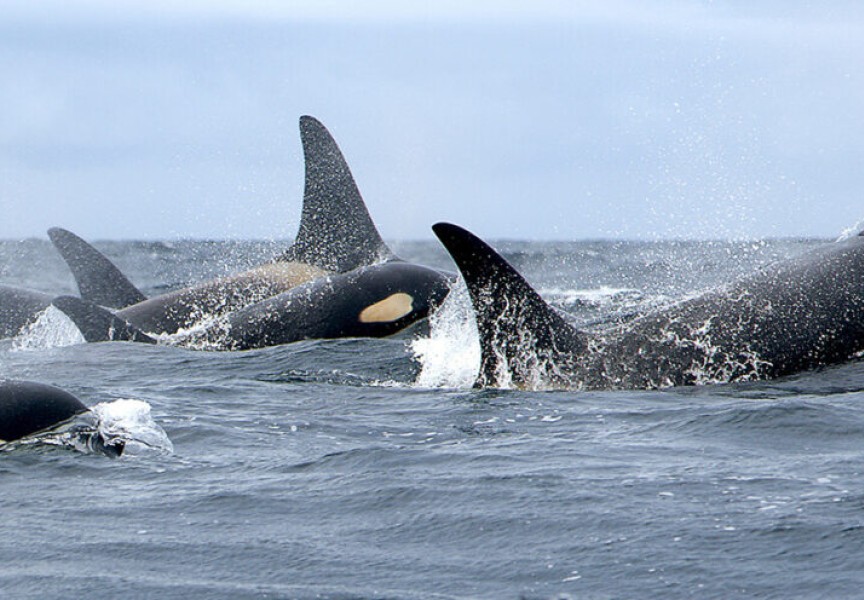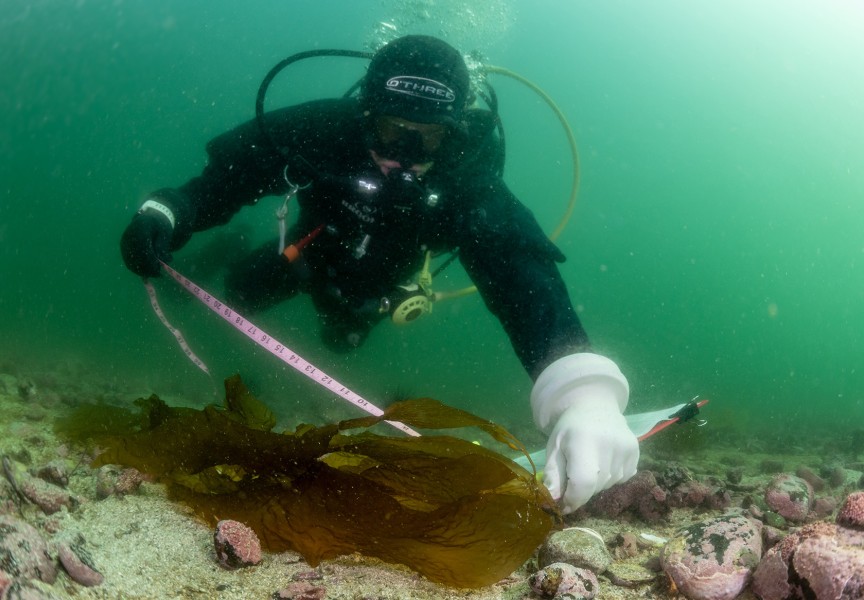The provincial government has released its 2024 Climate Change Accountability Report, concluding that B.C. is making progress in reducing greenhouse gas emissions - but not enough to meet the province’s 2030 target.
The report is based on emission data collected between April 1, 2023 and March 31, 2024. The province began setting reduced emissions goals in 2007 with hopes they could be achieved by finding ways to cut greenhouse gas emissions and building a low-carbon economy.
Through CleanBC programs thousands of homes have switched to renewable energy alternatives, like heat pumps over fuel-fired furnaces. In addition, more people are buying electric vehicles.
“In 2023, zero-emission vehicles made up nearly one in four new vehicle sales for an increase of 25 percent from 2022. Heat pump installation increased by 67 percent over the previous year, supported by government rebates and expanded access,” reads a statement from the Ministry of Energy and Climate Solutions.
The ministry states that B.C.’s emissions are projected to be 20 percent lower by 2030 compared to 2007.
But the BC Green Party is raising concerns about the lack of progress the NDP government is making towards the 40 per cent GHG emissions by 2030, saying emissions will only be reduced by 18 per cent in five years.
“And they have no plans to fix it,” said BC Green Interim Leader Jeremy Valeriote.
NTC President Judith Sayers, (Cloy-e-iis) concurs with the BC Greens.
“Through B.C.’s plans and efforts, they are achieving 20 per cent reductions in greenhouse gasses by 2030, but it will not meet their targets, nor is it close to net zero. This is not enough when we are in a climate crisis,” she said, adding that we must strive to balance social, environmental and economic values in working to reduce GHG.
Greenhouse gas emissions contribute to climate change by trapping heat in the atmosphere, leading to global warming. According to the United Nations, global warming causes hotter temperatures, increased drought, more severe storms, warmer oceans with rising water levels and melting polar icecaps. The result of all this are global food shortages, the extinction of species through starvation, with added strain on the healthcare system.
The province says it remains committed to strengthen its climate action.
“British Columbia has been a leader in demonstrating solutions that have been replicated elsewhere from methane regulations to low-carbon fuel standards,” said Adrian Dix, Minister of Energy and Climate Solutions.
The government says it supports the shift to a low-carbon future by making major investments in expanding access to made-in-B.C. renewable power sources.
“Ten new wind and solar projects are being accelerated to deliver clean power as soon as possible,” stated the province. “The North Coast Transmission Line expansion between Prince George and Terrace will deliver electricity to major industry, such as liquefied natural gas, mining and critical minerals projects, port operations and more, helping power economic growth, while contributing to British Columbia’s energy security.”
Sayers gives credit to B.C. for its clean energy initiatives and the programming that has helped reduce GHG.
“More has to be done now and in the near future and B.C. has acknowledged that,” she noted.
“B.C. must stop the expansion of LNG as their emissions only increase GHG which is contrary to their climate action plan,” added Sayers. “For too long B.C. and BC hydro denied the need for more electricity beyond Site C and feel they must resort to LNG. But clean energy projects can meet the demand.”
BC Hydro recently announced that it is moving quickly and that expanding the production of renewable energy is a top priority. In the past two years BC Hydro said it engaged with First Nations on its first Call for Power in over 15 years.
“A core element of this engagement was the design of a First Nations economic participation model that ensures that First Nations benefit directly from clean energy projects through equity partnerships or non-equity economic benefits,” stated BC Hydro. “Reinforcing our commitment to meaningful and sustained reconciliation, we will retain the fundamental elements of this model, including a minimum First Nation equity ownership requirement, for the 2025 Call.”
Sayers says this is the way of the future and true economic reconciliation.
“NTC encourages B.C. to continue developing clean energy with First Nations while respecting, free, prior and informed consent and high environmental standards,” she said. “Our very lives depend on our ability to achieve net zero and keep global warming to a minimum so we can live in a world with reasonable temperatures [that] retains our ecosystems and way of life.”
The 2025 Call for Power for new clean or renewable energy projects is expected to be launched this summer, with Electricity Purchase Agreements (EPAs) being awarded in early 2026.








